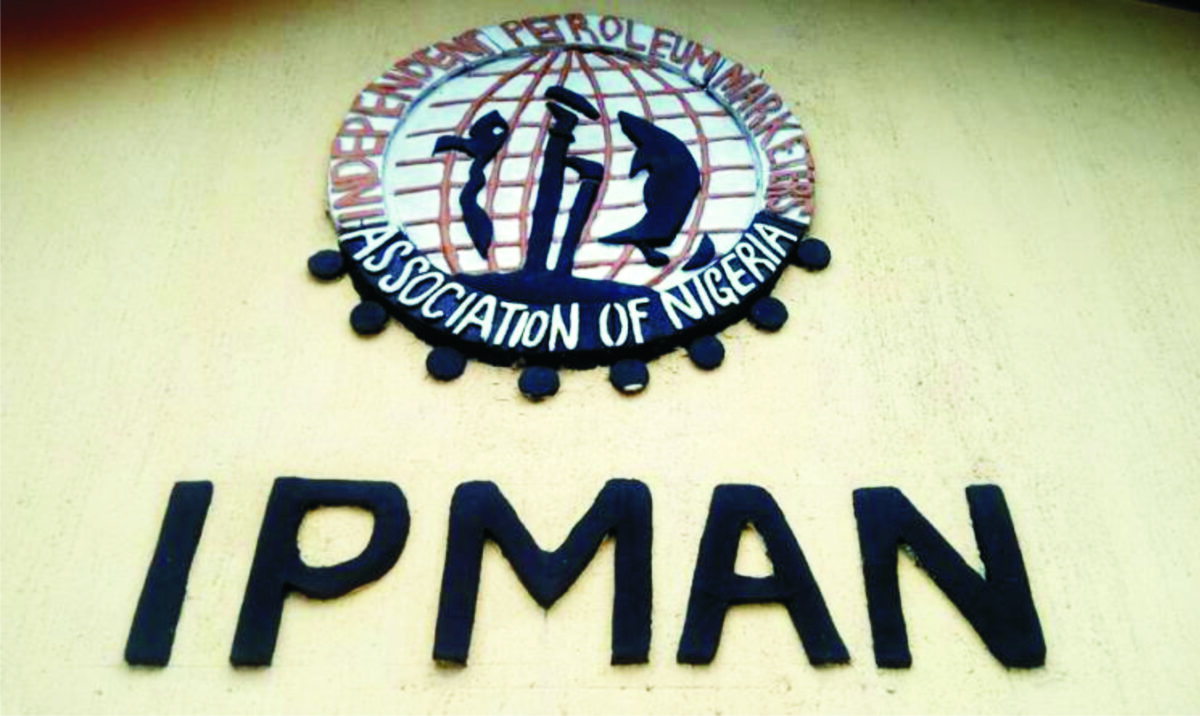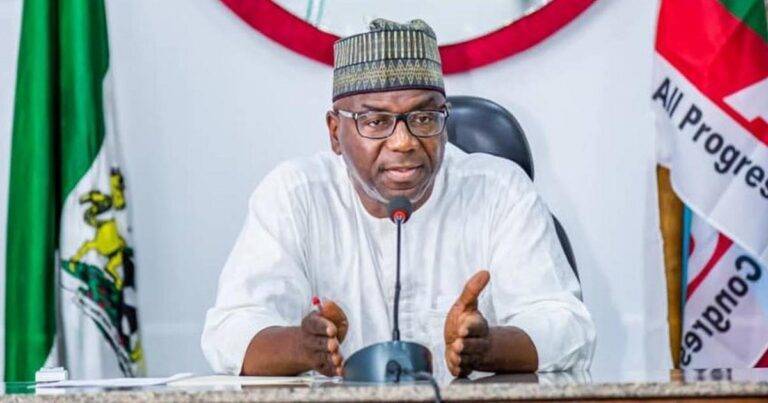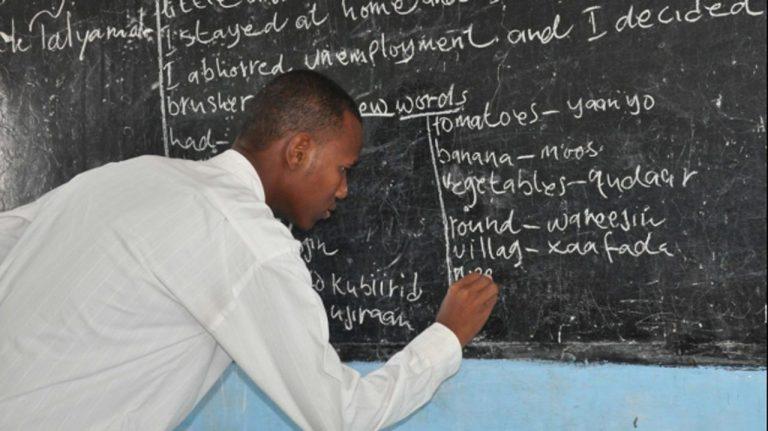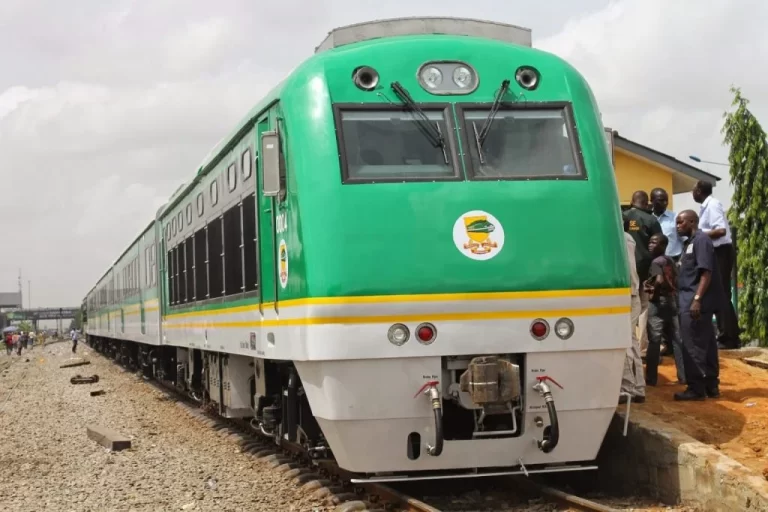Petrol tankers to limit loading to 45,000 litres by October 1 – IPMAN
The Western Zone of the Independent Petroleum Marketers Association of Nigeria (IPMAN) has announced a new regulation limiting tankers to a maximum load of 45,000 litres, effective October 1.
This decision was made to reduce the increasing number of petroleum tanker accidents, according to Chief Oyewole Akanni, the Chairman of the zone.
In an interview with the News Agency of Nigeria in Ibadan, Akanni shared that this measure resulted from a collaborative meeting involving IPMAN, government officials, and other key stakeholders, which included the Petroleum Tanker Drivers and the Nigerian Association of Road Transport Owners.
“Before now, some tankers carried up to 90,000 or 60,000 litres, which was dangerous,” Akanni stated, explaining the rationale behind the new limit. He noted that overloading not only risks driver safety but also damages road infrastructure.
“Those big tankers damage our roads, as the trucks are made to carry far more than they were designed for. When overloaded, they become unstable and fall, causing accidents,” he added.
The government also mandated the installation of safety covers on all tankers to prevent spillage in case of a crash.
“With these covers, even if a tanker falls, fuel won’t spill, except if the tank is punctured,” he explained.
However, Akanni expressed concern over vandalism, as some individuals deliberately puncture fallen tankers to steal fuel, highlighting it as a major challenge.
He also pointed out that many accidents occur at night due to driver fatigue. “We have, therefore, instructed drivers not to drive at night. Once it is 7.00 p.m., they must park and continue their journey by 7.00 a.m. the next day, but some still disobey this directive,” he lamented.
Akanni reassured that IPMAN is committed to working with stakeholders to further minimize tanker-related accidents, emphasizing the urgent need for stricter regulations and safety reforms to address the challenges faced.
He pointed out that these incidents reflect a broader wave of tanker disasters across Nigeria, which are often marked by systemic failures such as overloading, inadequate infrastructure, and unsafe public practices like fuel scooping.
NAN







